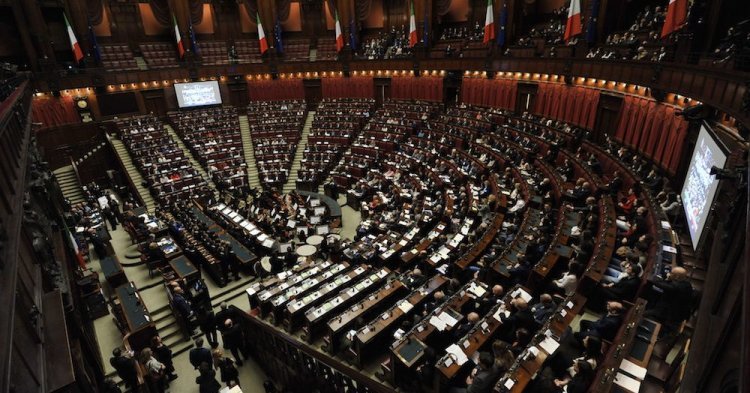Everybody gives the explanations that best suit their agendas: some say it is because of the multinational world government by financial giants, some others say - yeah, they still exist - it is due to the Jews, still others blame migrants, and so on. The real problem is that, these days, we are missing what we need the most: global leadership. This manifests in a number of ways.
Firstly, many new political actors seek to enter the “global problem-solving table” - as they should be, considering the economic and weight (in terms of population and influence) they have -, but the problem being that not all of them respect rule of law criteria. Secondly, “old democracy”, or better, the “old Western liberal democracy” is on the wane globally. These democracies are growing wary of international institutions and international law in general, and they no longer recognise the “art of negotiation”, instead preferring isolation and bilateral meetings, in order to serve their narrow interests. Finally, the so-called winners of globalisation are the same winners of the past, the inequality in the world increases and the cleavage between the richest and the poorest is wider than ever.
The impact of this impasse could be summarised in one phrase: democratic deficit. Citizens feel disempowered; moreover, they are not encouraged to be well-informed, to participate in the political debate and to trust politicians. In a word, they turn to behaving like “bad citizens”, a very dangerous development for the quality of democracy.
The first thing that occurs when people do not feel heard by the policy-making industry is dissatisfaction. It arises when accountability - the second pillar of a good democracy - doesn’t work. What follows is an inclination towards self-government via direct democracy spreading in the society.
National-level politicians are not always able to face all the issues touched upon above - even if they are, it requires an incredible amount of effort and expertise. However, they can manipulate the perceptions of voters in order to stoke the inclination for self-government. These kind of political actors take the title of “populist” who give short and convenient answers to citizens, regardless of their political interests or capability to comprehend them. The message is direct, fast and simple. And actually it works! There’s just one problem: they are lying.
The rhetoric of “giving sovereignty back to the people” won’t produce anything but propaganda because, quite simply, nation states do not have sovereignty. At least not of the kind that citizens yearn for. One of the paradoxes of modern democracy and today’s politics is that people ask for global action, which is actually quite reasonable and practical, but they can’t decide who should make the decisions and how. As a result, they are confined to the national arena, which is definitely not appropriate.
The Westphalian order is based on a simple rule: the big take the leadership. We are now facing exactly this complicated issue. On the one hand, there’s no leader in the world order now, and the contest for this role is dangerously open. We need to keep cautious when we want to politicise global institutions in order to make them more accountable, because the result might be the opposite. On the other hand, in this scheming we are skipping the public’s demands to the politicians - and if their demands go unanswered, the lack of faith in politicians increases and, consequently, popular participation in democratic rule will decrease.


Follow the comments: |
|
